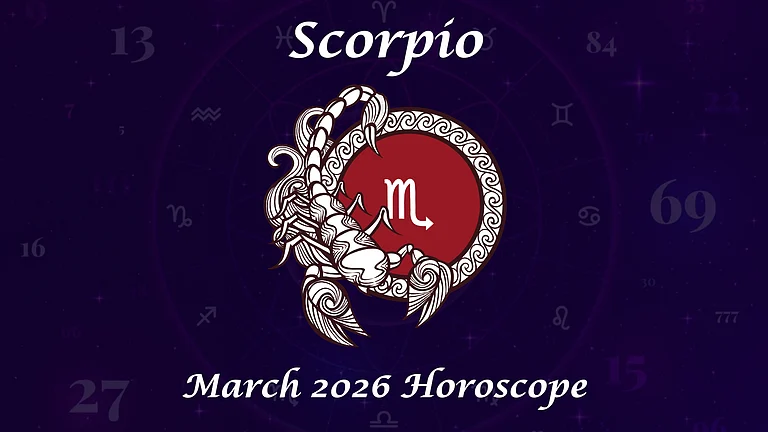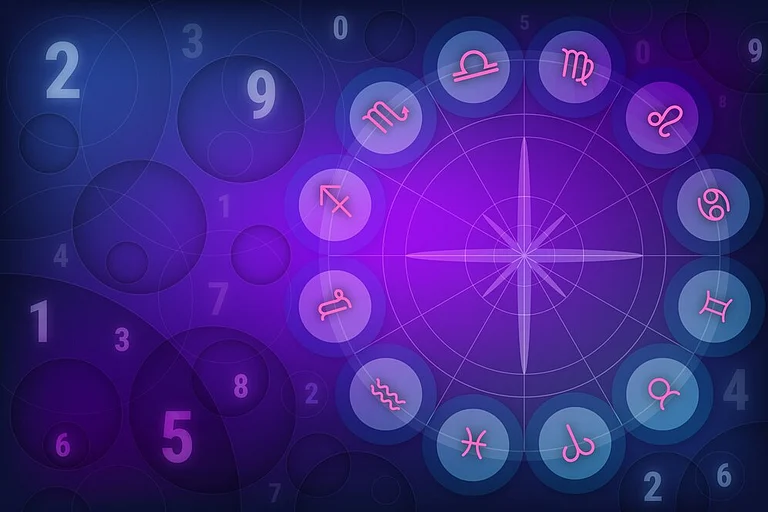
Not every pause in communication is ghosting — sometimes it’s life, or self-preservation.
Messaging platforms profit by making silence feel like rejection.
Slow texting can deepen relationships by creating space for thoughtfulness.
Early in Fleabag, Phoebe Waller-Bridge’s character stares into the camera after being accused of being inattentive and selfish. She half-smiles, shrugs, and deflects. What’s left unsaid is more telling than what she says aloud: sometimes silence isn’t neglect; sometimes it’s self-preservation. That moment captures something that technology has made harder to accept – the idea that not every pause in communication is a betrayal.
Over the past two decades, as smartphones slipped into our hands, we’ve quietly inherited a new expectation: perpetual reachability. The message bubbles, the “seen” ticks, the time stamps – all subtle nudges convincing us that availability is the same as care. But we never sat down, collectively or even privately, to decide if this was what we wanted. We never agreed on how quickly one should respond, or if one should respond at all.
What we’ve ended up with is a culture where silence is instantly pathologised. If a message isn’t answered within hours, sometimes even minutes, it’s branded as ghosting. But ghosting is a heavy word – it implies deliberate erasure, rejection, cruelty. Most of the time, what’s happening isn’t ghosting at all. It’s life. People are cooking dinner, caring for children, sitting in long commutes, or just needing a moment of quiet.
I’ve seen this play out in my own family and friendships. My friend leaves my texts unread until late at night, not because he’s avoiding me, but because he’s trying to juggle his job and his sanity. My best friend sometimes responds to my long rants three days later, picking up the thread as if no time has passed. Even my mother, who used to complain that I “vanish” mid-conversation, now laughs about how both of us sometimes forget to reply until the next day. None of these pauses has ever lessened the affection between us. If anything, they’ve deepened it – proving that love is measured not in immediacy but in constancy.
And yet, the design of our platforms insists otherwise. Meta – and its empire of WhatsApp, Instagram, Messenger – profits by engineering anxiety into our relationships. Those blue ticks, typing dots, “last seen” updates aren’t neutral features. They’re business models disguised as convenience, pulling us back into apps, keeping us restless until the loop is closed with a reply. As Mike Monteiro argued in Ruined by Design (2019), these tools are not accidental. They’re designed to create dependency, to make us believe urgency is love and silence is rejection. Our discomfort is not a side effect. It is the product.
There is something quietly radical, then, in resisting that pull – in slow texting. When a conversation stretches over hours or days, it doesn’t dissolve; it deepens. The gaps create room for thoughtfulness, for stories to be told when the mind is less frazzled. In a world of constant dopamine hits, slowness feels almost like an act of care.
Philosophically, this resonates with Hannah Arendt’s reflections on “the human condition.” She reminds us that not all action is about productivity or speed; some of it is about creating spaces where life can unfold, breathe, and appear in its fullness. By demanding immediacy in every exchange, we risk flattening our relationships into transactions – quick inputs expecting instant outputs. Slowing down restores some of that space where friendship, family, and even disagreement can thrive without the tyranny of the clock.
It’s worth remembering that older forms of culture understood this better. Think of Sarabhai vs Sarabhai, a beloved Indian sitcom, or even Friends. The stories unfolded with pauses, cliffhangers, room for anticipation. Nobody expected characters to resolve their problems instantly. The waiting was part of the pleasure, part of the intimacy. Real relationships, too, need elasticity.
But the Meta empire thrives on collapsing that elasticity. Its disregard for our mental and social well-being is not just evident in addictive design, but also in how little it values the cultural consensus around rest, delay, or disconnection. To pause is to lose “engagement,” and engagement is money. Our very human need for silence has been rebranded as a flaw – as ghosting, as failure, as neglect.
The irony is that many of us know better, deep down. When my grandfather, who refuses to use WhatsApp, calls me once a week on a normal phone, our conversations last longer and mean more than the flurry of daily pings I exchange with others. When my friend finally replies with a considered paragraph rather than a rushed emoji, I feel seen. Slowness is not absence. It is presence in a different register.
So perhaps the cultural work ahead of us is to reclaim silence from suspicion. To stop conflating the tempo of our replies with the depth of our care. To remind ourselves, as Arendt might put it, that not everything valuable in human life can or should be optimised for speed.
This is not about ghosting. It’s about living in a way that refuses to let corporate design dictate the terms of our love and friendship. If we allow ourselves to slow down – to answer when we can, not when the app insists – we might discover that our relationships are sturdier than we think. They are not fragile threads held together by notifications. They are durable bonds, capable of withstanding the silences that life inevitably brings.
Silence, after all, is not the end of conversation. It is often its beginning.
(views expressed are personal)
Naina Bhargava is an advocate and founder and editor of The Philosophy Project.

























